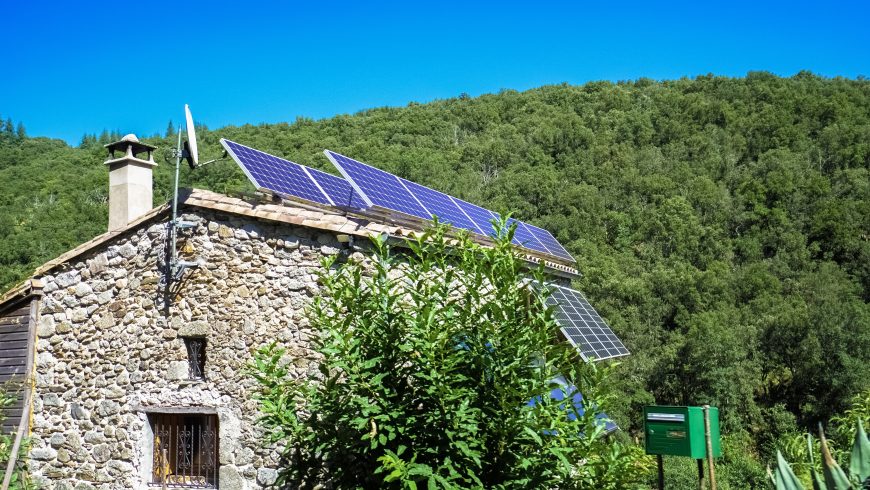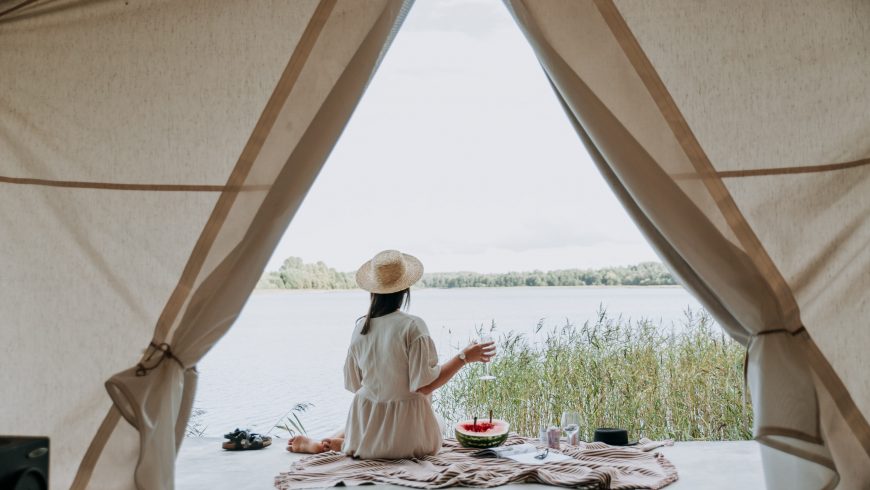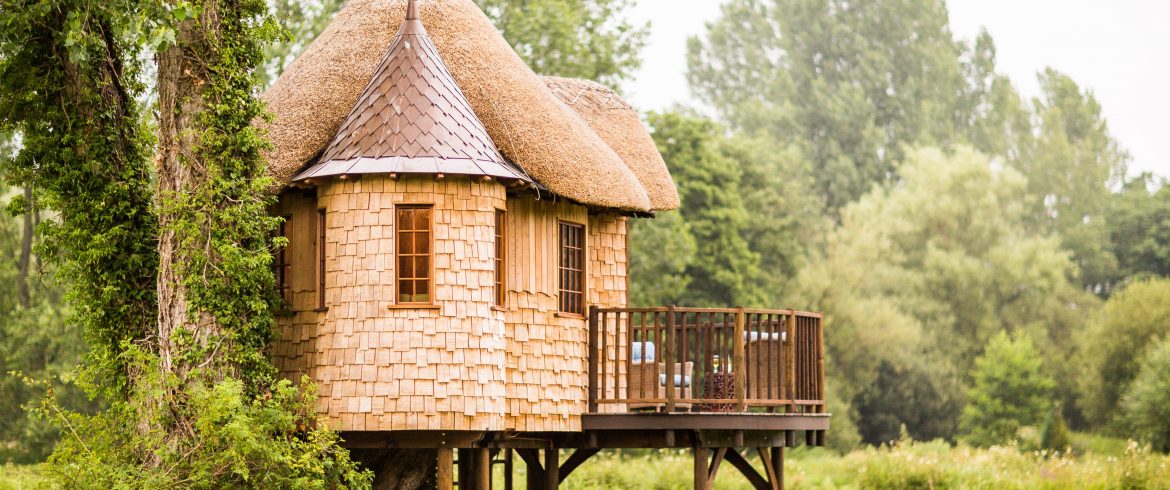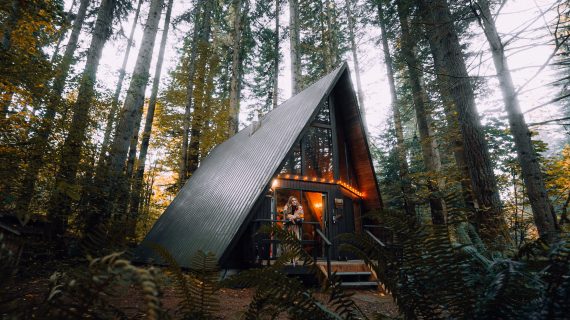More and more people are starting to realize the importance of sustainability. The fact that an eco-friendly approach to all aspects of life is becoming prevalent is fantastic news. Still, many believe that anything labeled green inherently comes with a hefty price tag. Traveling, being a somewhat costly hobby as is, is no exception to this rule. Therefore, it’s only natural if you are wondering – can sustainable accommodation be budget-friendly?
While the answer to this question is not easy to get since it depends on many factors, this article will attempt to explore the topic and provide some essential information that should make things a bit clearer.
What is sustainable accommodation?
Before we delve deeper into the matter at hand, let us first determine what the term ‘sustainable accommodation‘ actually means.
While a charming treehouse in Italy or a minimalistic dome in the middle of a forest might be the first pictures that come to mind, green stays are much more than that. Contrary to popular belief, a few solar panels on the roof of a hotel is not enough for it to be considered green. Much like eco-friendly fashion, food, and transportation, sustainable accommodation is supposed to minimize its harm to the planet, local economy, and culture. But how do hosts achieve this?
Respect towards locals
As we already established, green accommodation needs to be respectful not only towards the planet but also to the locals. This includes fair wages and working conditions for the employees and minimal disturbance to the local community.
Respect for nature
If a forest needed to be cleared in order for the building to be constructed, the accommodation is likely not as green as its owners claim it to be. Sustainable accommodation must have the utmost respect for the environment it is in. After all, there is nothing eco-friendly in the suffering of nature for someone’s profit.
Renewable energy
Nowadays, switching to renewable energy sources is easier than ever. With that said, it’s easy to understand why this is the first thing that comes to mind when eco-friendliness is mentioned.
Green accommodation must be in accordance with this trend, whether that means harvesting the power of the sun, wind, or water. Some hosts even go as far as to produce their own energy.

Mindful water usage
Much like with electricity, mindful water usage is essential for sustainability. This means you probably won’t encounter lavish water features and heated Olympic pools in the eco-friendly accommodation section. On the contrary, green housing should have rainwater harvesting and water reuse systems, water flow reducers, and anything else that minimizes the waste of this precious resource. Additionally, guests should be informed on how to utilize the system in the most efficient manner.
Local food
If the accommodation offers food, it might be good to check where the food is coming from. Ideally, everything should be organic and grown on the property, with minimal waste. However, if that is not possible, local produce that has not traveled thousands of miles wrapped in layers of plastic is the next best thing. Moreover, most green accommodations offer only vegetarian or vegan dishes on their menus.

Reduce, reuse, recycle
The three Rs are at the core of sustainability, and, as such, they should be an essential part of sustainable accommodation. Here is what they imply:
- Reducing the usage of water, electricity, packaging, etc.
- Reusing everything that can be reused, be it dishes, decor, linens, furniture, etc.
- Recycling everything that cannot be reused. A waste separation system and composting are a must!
So, can sustainable accommodation be budget-friendly?
Contrary to the popular ecotourism myth – yes, it can! While a more considerable investment, both in terms of finances and effort, might be required initially, sustainability always pays off in the long run. Renewable electricity, energy and water efficiency, local food, and the reduce, reuse, recycle approach all make it possible for the owners to minimize their expenses and, with them, their prices. However, keep in mind that the type of accommodation, location, and amenities that come with it all play a significant role in forming the price tag. Much like with other things in life, you will come across more and less affordable options.
But is green hospitality always more budget-friendly?
Not really. While the popularity of more eco-conscious lifestyles is undeniably fantastic, many people are trying to profit off of it. This means that you will come across many hotels, hostels, chalets, and cottages that claim they are green, when in fact, they are only greenwashing. If you want to ensure you are not overpaying simply because of attractive yet deceitful marketing, search for accommodation on reliable websites. Sustainable accommodation needs to abide by specific standards, and checking this is always easier if you can trust your sources.

Think about where your money is going
Now that we’ve established that sustainable accommodation can be budget-friendly, it’s vital to understand where your money is going. When you stay in famous chain hotels, you are essentially helping a wealthy person get even richer. Interestingly enough, many people are willing to pay exorbitant amounts even though they might not be getting their money’s worth.
On the other hand, when you book a green stay, you support hardworking, passionate individuals, locals, their community, and the economy. Additionally, you reduce your carbon footprint and make the planet a little better and brighter. With that said, it’s important to remember that, in this case, paying a bit more, if your budget allows it, benefits many people and, ultimately, the earth.
Cover Image: Photo by Matthew Harwood on Unsplash





